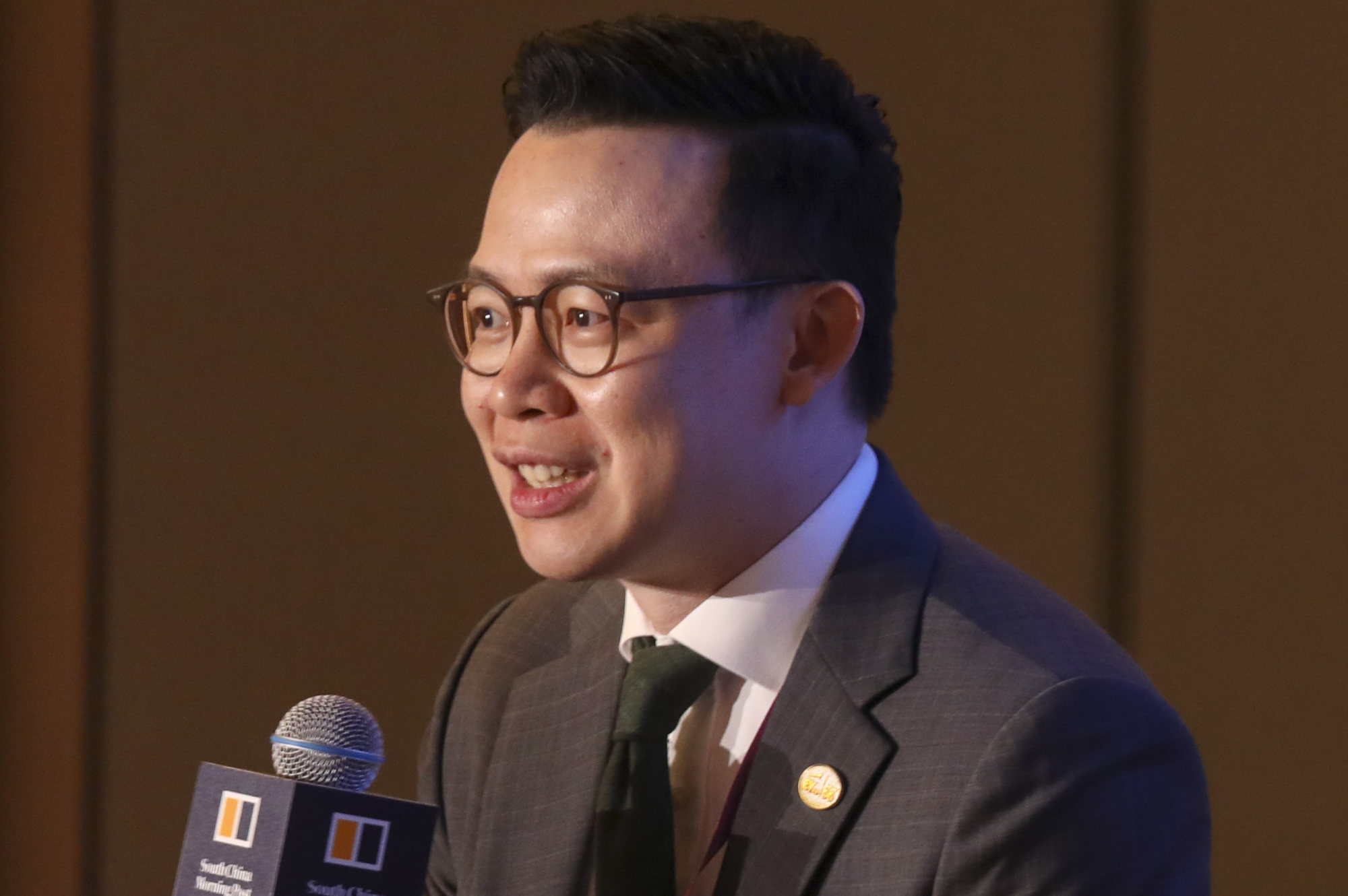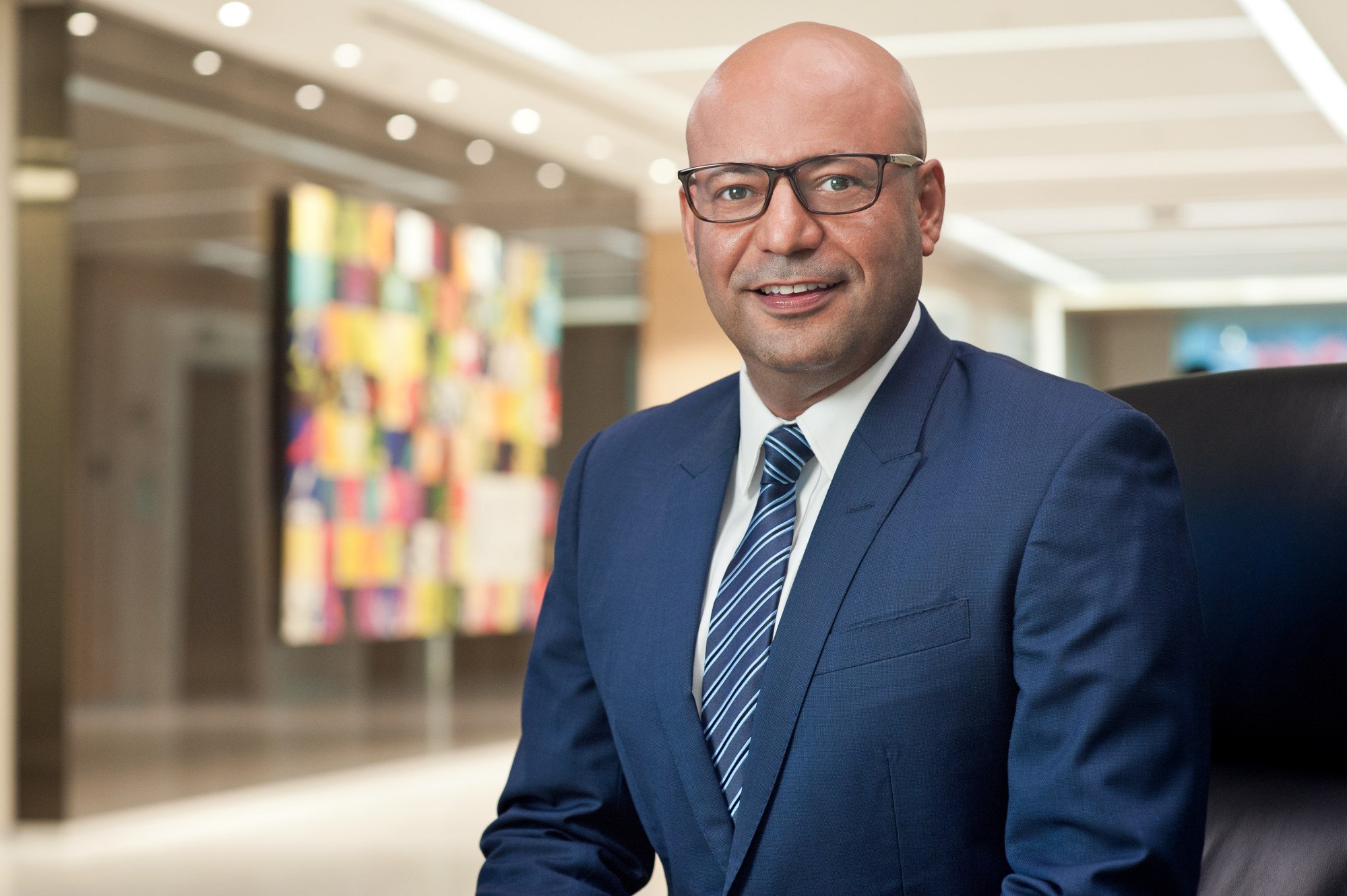
ESG disclosures: Hong Kong firms should start verifying climate, sustainability data ahead of audit mandate, experts say
- As global trend favours mandatory audits, companies should seek assurance now for key information, says EY’s climate and sustainability partner
- Large companies in Hong Kong trail their global counterparts in verifying ESG data, but have been closing the gap
Companies serious about enhancing the credibility of their sustainability disclosures should proactively engage external auditors to attest to the quality of their disclosures, before auditing of such information becomes mandatory, according to experts.
“As ESG assurance is an emerging trend, companies should be seeking assurance over information that is the most material to key stakeholders, such as investors and creditors, as a first step,” Tan Ee Sin, EY’s climate change and sustainability services partner for Hong Kong and Macau, told the Post.
These material issues differ from company to company depending on industry and location of operation. “Companies should engage internal and external stakeholders regularly to ensure that the material issues are updated to reflect changes in the business landscape and challenges,” Tan said.

Although no comprehensive assurance standard exists, the International Auditing and Assurance Standards Board is developing a global baseline for sustainability assurance to provide greater consistency for information users, said Mohit Grover, lead partner for climate and sustainability services at Deloitte Hong Kong.
In April, the board said it planned to publish its proposed standard late this month or early next month for public consultation, and aimed to launch the standard by the end of next year.

Large companies in Hong Kong trail their global counterparts in verifying ESG data, but have been closing the gap. Just over half of such companies that disclosed ESG data had the data assured, or verified, in 2021, compared to 64 per cent globally, according to the latest benchmarking study conducted by the International Federation of Accountants (IFA) in February. The ratio has increased from 28 per cent in Hong Kong and 51 per cent globally in 2019.
However, an analysis of 400 Hong Kong-listed firms by the city’s stock exchange last year found that only 6.7 per cent obtained independent assurance with description of the level, scope and processes adopted, which means many firms have yet to realise enhanced credibility from assurance, Grover noted.
While the rate of assurance among large firms has increased markedly over the past three years, most of the verification engagements focused on greenhouse-gas emissions, the Federation noted in a report.
Only 53 per cent of disclosures covered all four aspects – greenhouse-gas emissions, other environmental issues, social issues and governance issues – in 2021, up from 43 per cent in 2019.
Similar to many other jurisdictions, Hong Kong does not currently mandate auditing of ESG disclosures. However, an international trend towards such a requirement is anticipated, Tan said.
For example, New Zealand has imposed a requirement on around 200 large financial institutions to seek “limited assurance” on greenhouse-gas emissions from October next year. Meanwhile, the European Union has indicated it will require limited assurance before October 2026, progressing to “reasonable assurance” at a later stage.
Compared to reasonable assurance, limited assurance entails less detailed understanding of a company’s internal processes and requires the selection of fewer samples for verification and analysis, Tan said. The auditing party typically provides a “negative assurance” to users, where facts are assumed to be accurate if no contrary evidence is found to dispute them.
In contrast, reasonable assurance requires practitioners to gather sufficient audit evidence to reduce risk to an “acceptably low” level, meaning they have a basis to form a “positive” expression of opinion that they believe something is true or correct, Tan said.
Some 80 per cent of the assurance done on sustainability disclosures globally was of the limited type in 2021, compared to 83 per cent in 2019, according to the IFA study, indicating an increase in companies pursuing reasonable assurance.
While standards for reasonable assurance are still under development, Hong Kong conglomerate John Swire & Sons (HK) has sought limited assurance on its ESG disclosures for over a decade, said group head of sustainability Mark Harper.


.jpg?itok=96axwYgw)

